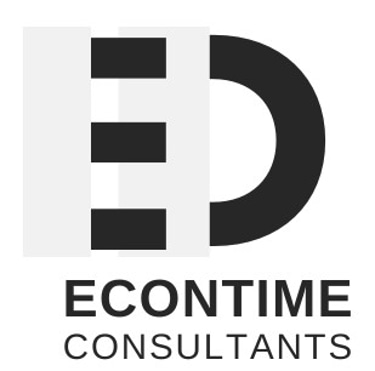
Did you know your flexible work efforts result in employees being better paid than you think?
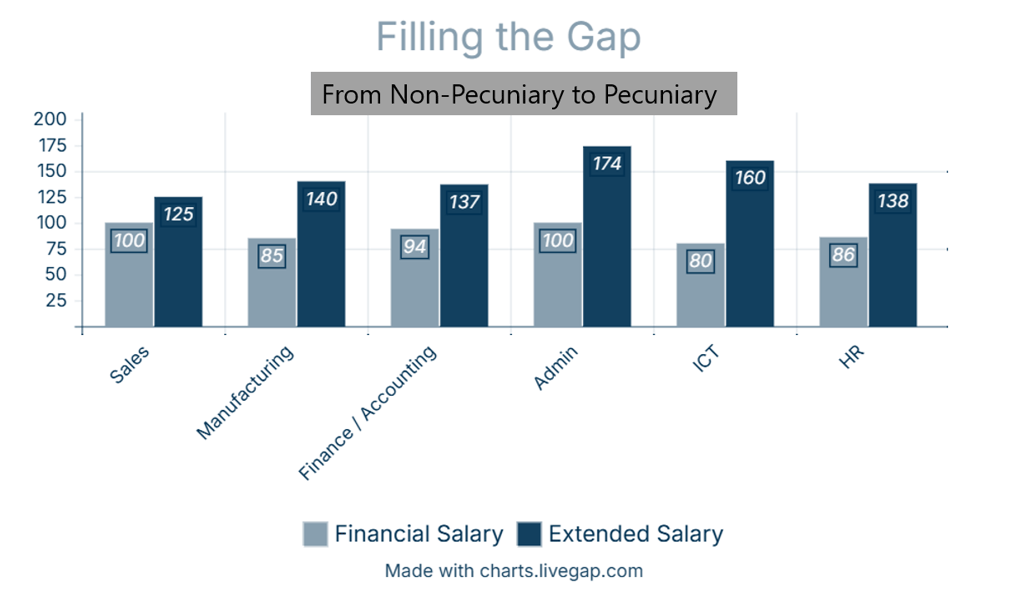

We show you the economic value for your employees of the flexible work assignments offered by the company
We help organizations measure financially the real FLEXIBLE WORK ARRANGEMENTS employees receive—integrating financial compensation with emotional salary.
The salary an employee receives from a company is referred to as their financial salary. Still, companies that apply flexible work arrangements increase their financial salary by offering part of the so-called emotional salary.
Most companies don't know the ECONOMIC VALUE OF THEIR FLEXIBLE WORK ARRANGEMENTS (FWA) and their intangible value to their employees. We help you to discover it.
We turn flexible work initiatives into measurable economic value
IT'S NOT ABOUT SALARY; IT'S ABOUT EXTENDED SALARY
One size does not fit all. Flexible work arrangements create different economic value for each individual.

We quantify corporate Flexible Work Agreements (FWAs) in monetary rewards, making them TANGIBLE
The economic value of flexible work arrangements
Remote, hybrid, or location-independent work
Flexible start and end times
Compressed workweeks or reduced hours
Results-oriented work instead of time tracking
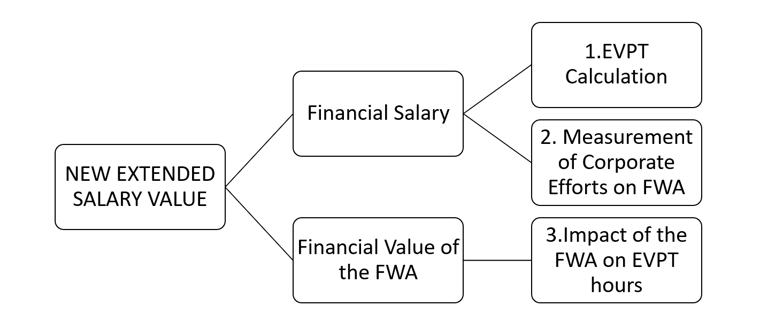

Our client profile
We provide our services to a large number of companies, primarily large and multinational corporations.
HIGH EMPLOYEE TURNOVER INDUSTRIES


High staff turnover is expensive due to the hard costs of recruitment, advertising, hiring, and onboarding, as well as the significant soft costs including lost productivity, loss of institutional knowledge, decreased morale, lower quality of work, and damage to the company's reputation. These direct and indirect expenses can cost significantly more than the departing employee's salary, creating a substantial financial burden on the organization.




TECHNOLOGY INDUSTRIES WHERE TALENT ATTRACTION AND RETENTION IS KEY
Tech Industries where Innovation depends on creativity, and creativity thrives on rest. Retaining tech talent is costly; if they feel they have no personal life, they leave for the competition. Many tech companies sell a "healthy culture," and knowing the value of free time reinforces that promise.
Large corporations are investing in mental health and work-life balance. Work-Life Balance is positive for these companies because they can measure the real return on programs like home office, gym, and additional days off. It's good for branding: demonstrating that taking care of your free time impacts productivity and reputation.
CSR/ ESG PROGRAMS FOR MULTINATIONALS
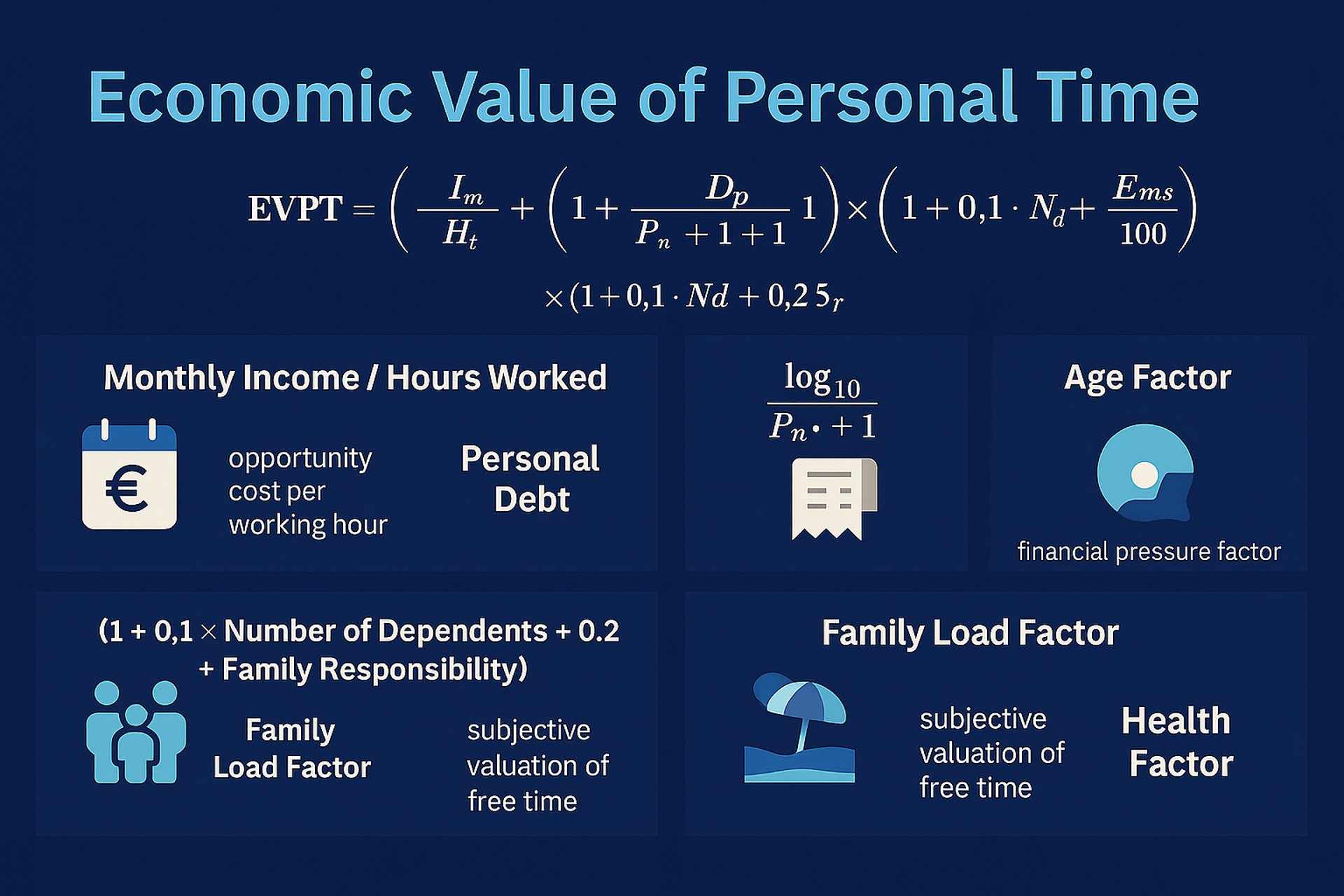
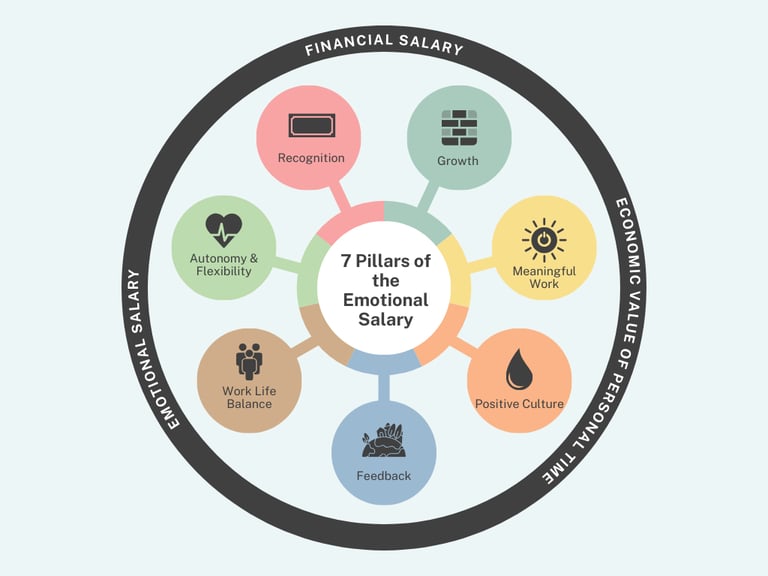

We focus on autonomy, flexibility, and work–life balance to quantify the financial value employees receive as a result of corporate efforts in these areas.
In 99% of organizations, managerial efforts to implement flexible work arrangements and support employees’ work–life balance are not measured in financial terms. That is exactly what we do.
Example Case Study
Following our Audit of the Financial Value of Flexible Work Arrangements, we found that a company with 180 employees generates an extra value quantified in an equivalent salary of $17,450 per employee each year through FLEXIBLE WORK ARRANGEMENTS, representing a total annual impact of $3.1 million.
Key Benefits
Higher employee satisfaction
Stronger employer brand and corporate reputation
Why you should hire us?


We increase employee satisfaction by quantifying the real economic impact of flexible work arrangements on their lives.




We enhance the company’s attractiveness for both talent acquisition and long-term retention.
Flexible work arrangements have a measurable economic impact on employees’ lives, directly influencing satisfaction and performance. By analyzing factors such as commuting cost reductions, improved work–life balance, increased productivity, and more efficient time allocation, we translate flexibility into clear financial and personal value. When employees see how flexible schedules improve their economic well-being, stress levels decrease and engagement rises. This data-driven approach allows organizations to understand the real return of flexibility, design better policies, and foster a workplace where people feel supported, motivated, and fairly rewarded.
We strengthen corporate reputation by turning your corporate flexibility efforts into a clear, tangible, and measurable impact.
We help companies stand out in an increasingly competitive talent market by strengthening their employer value proposition. Through data-driven insights, modern workforce strategies, and flexible work models, we position organizations as desirable places to grow and build a career. This attractiveness not only accelerates talent acquisition but also increases retention by aligning company policies with employee expectations. When people feel valued, supported, and offered meaningful flexibility, loyalty and engagement rise. Our consulting approach enables companies to reduce turnover costs, secure high-quality talent, and build a sustainable, future-ready workforce.
We enhance corporate reputation by transforming flexibility initiatives into measurable, credible outcomes. By making your efforts in corporate flexibility tangible through clear metrics, reporting, and impact analysis, we help stakeholders recognize your commitment to modern, responsible work practices. This transparency strengthens employer branding, builds trust with employees, investors, and society, and positions your organization as forward-thinking and people-centered. When flexibility is backed by evidence, it becomes a powerful reputational asset that differentiates your company, reinforces credibility, and supports long-term business sustainability.
ECONOMIC VALUE OF PERSONAL TIME (EVPT)

EVPT it's not just a financial tool. It's a way to honestly quantify the true cost of every hour you decide to invest, give away, trade, or protect. We live surrounded by productivity advice, social norms that value work more than rest, cultures that glorify sacrifice and minimize personal well-being. But this formula proposes the opposite: putting a price on the intangible, not to commoditize it, but to protect it. Time isn't infinite. Your life isn't interchangeable. And your personal history—with your age, your relationships, your health, your needs, and your dreams—deserves a metric that respects it. This formula can help individuals and corporations to make better decisions: reject low-paying jobs, prioritize your health, value your rest, understand your emotional burden, and above all, remember that every hour that passes is an investment or a loss that no one else can calculate for you.
#1
PRODUCTIVITY INCREASE
Well-rested employees can focus better, make fewer mistakes, and solve problems faster. Fatigue-related productivity loss can be more expensive than paying for extra staffing or better tools.
LESS BURNOUT & LESS TURNOVER
Recognizing that employees’ time outside work is valuable helps avoid chronic overtime. Lower burnout means less attrition, which saves on recruitment, onboarding, and lost expertise.
TALENT ATTRACTION
Job candidates increasingly weigh work-life balance heavily in their decisions. Companies that value personal time become more competitive in attracting high-skill talent.
#2
#3
#4
DECISIONS BASED ON QUALITY
Overworked staff make poorer strategic and operational decisions. Protecting personal time preserves mental clarity, leading to better outcomes.
HIGHER EMPLOYEE ENGAGEMENT
When workers see that leadership respects their time, they tend to reciprocate with higher commitment and discretionary effort during work.
SUSTAINABLE INNOVATION
Innovation requires creativity, which benefits from mental downtime. Employees with personal time for hobbies, reflection, and learning bring fresher ideas.
#5
#6
POSITIVE BRANDING
Word spreads quickly when a company protects personal time, making the brand more attractive to both customers and prospective employees.
LEGAL AND COMPLIANCE BENEFITS
In many jurisdictions, overwork can expose companies to labor law penalties. Valuing personal time reduces legal risk.
LONG TERM PROFITABILITY
While respecting personal time might mean fewer hours worked, it often results in higher value per hour, which is a more sustainable profitability driver than raw hours.
#8
#9
#7
Scientific Peer-Reviewed Validation
ECONTIME and its team of consultants have published these methods and the associated research in various academic journals, as well as additional work in the fields of management, economics, and business administration. All publications have undergone a double-blind peer review process in journals indexed in major academic and scientific repositories such as SSRN (Elsevier), Crossref, Scilit (MDPI), EconPapers, Scilit, EBSCO, EconLit, or DOAJ.
